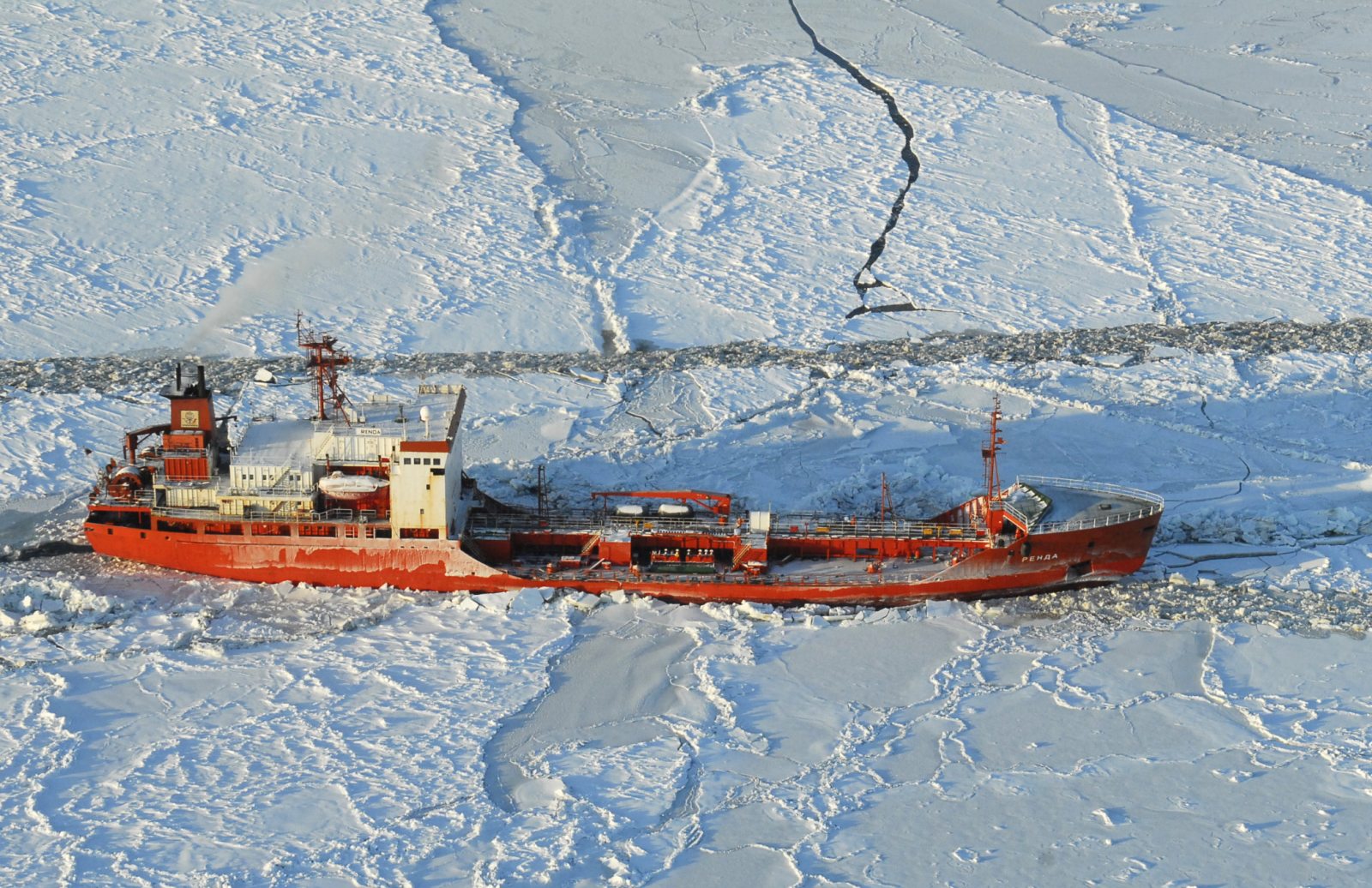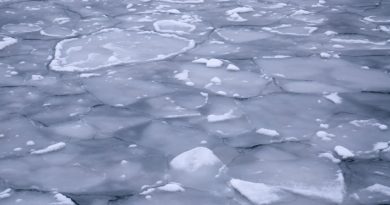Who should pay for fuel delivery to remote Alaskan community?
 A one-of-a-kind international fuel delivery to ice-encased city on Alaska’s western coast may be recent history, but a new journey through the litigation that was bound to follow is just beginning.
A one-of-a-kind international fuel delivery to ice-encased city on Alaska’s western coast may be recent history, but a new journey through the litigation that was bound to follow is just beginning.
Recently filed lawsuits over who should pick up the tab for the extraordinary effort to open a winter corridor of commerce for a single delivery through hundreds of miles of thick sea ice shows that behind the scenes, the path to Nome was more rocky than rosey.
Bonanza Fuel sells home heating oil and gasoline in Nome. Delta Western, Inc. is its longtime fuel supplier, and the companies disagree on why such extraordinary measures were needed this winter. Each one squarely points at the other’s wallet to pay for the unusual shipment.
Bonanza Fuel, a company owned by Sitnasuak Native Corporation, claims Delta Western owes it more than $1.5 million to cover the cost of using a different supplier to get the fuel to Nome during a season when shipping traditionally comes to a standstill because of ice forming in harbors and at sea. In a separate lawsuit, Delta Western claims its hands are clean, citing forces beyond its control: a monster storm that smacked the Northwest in November and Bonanza’s unwillingness to cooperate with a reasonable work-around.
Differing claims
The dispute appears to center on a difference of opinion about whether contractual obligations were broken and what the resulting liability may be. It’s common for opposing sides to present different interpretations of the past in defense of their position, and Bonanza and Delta Western are no different.
Bonanza claims Delta Western was delinquent in its deliveries. Had it been on schedule, Delta Western wouldn’t have run into the foul weather battering much of the state, Bonanza says.
Delta Western, on the other hand, claims it was ready to make earlier deliveries, but was advised to hold off because of congestion at the port and because Bonanza preferred to let its fuel supply dwindle further to allow for a larger resupply. Doing so, it was thought, could stave off Bonanza’s potential need to backfill unmet need for its customers by purchasing higher-priced products from local competitors.
Bonanza claims Delta never came up with a solution, forcing Bonanza to seek another fuel supplier.
Delta claims it worked hard to come up with a solution, contacting the U.S. Coast Guard for help, and looking at the same ice-class Russian tanker that a third company, Vitus Marine, ultimately paid to get the fuel to Nome. Delta also contends that despite attempts to meet Bonanza’s needs, Bonanza stopped cooperating –becoming more of an obstacle.
Delta Western also says it ended up selling fuel to Bonanza to be loaded on the Vitus Marine shipment to Nome at a discount. The fuel was the same supply originally intended for Bonanza, but had become stuck in Dutch Harbor after autumn storms with hurricane-force winds blew through.
The Russian-flagged ice tanker Renda’s mission to Nome made international headlines. Alaska and the nation watched as the ship and its U.S. Coast Guard ice-cutting escort spent days inching their way to the fuel-strapped city through frozen seas.
On Jan. 14, the Renda arrived in Nome and over the next five days off-loaded 1.4 million gallons of diesel and gasoline.
The Coast Guard has declined to say what it cost for its icebreaking cutter Healy to accompany the Renda to Nome.
On Tuesday, a gallon of regular unleaded gas cost $5.95 at the Bonanza Express station in Nome.
Contact Jill Burke at jill(at)alaskadispatch.com
For more stories from Alaska Dispatch, click here.



